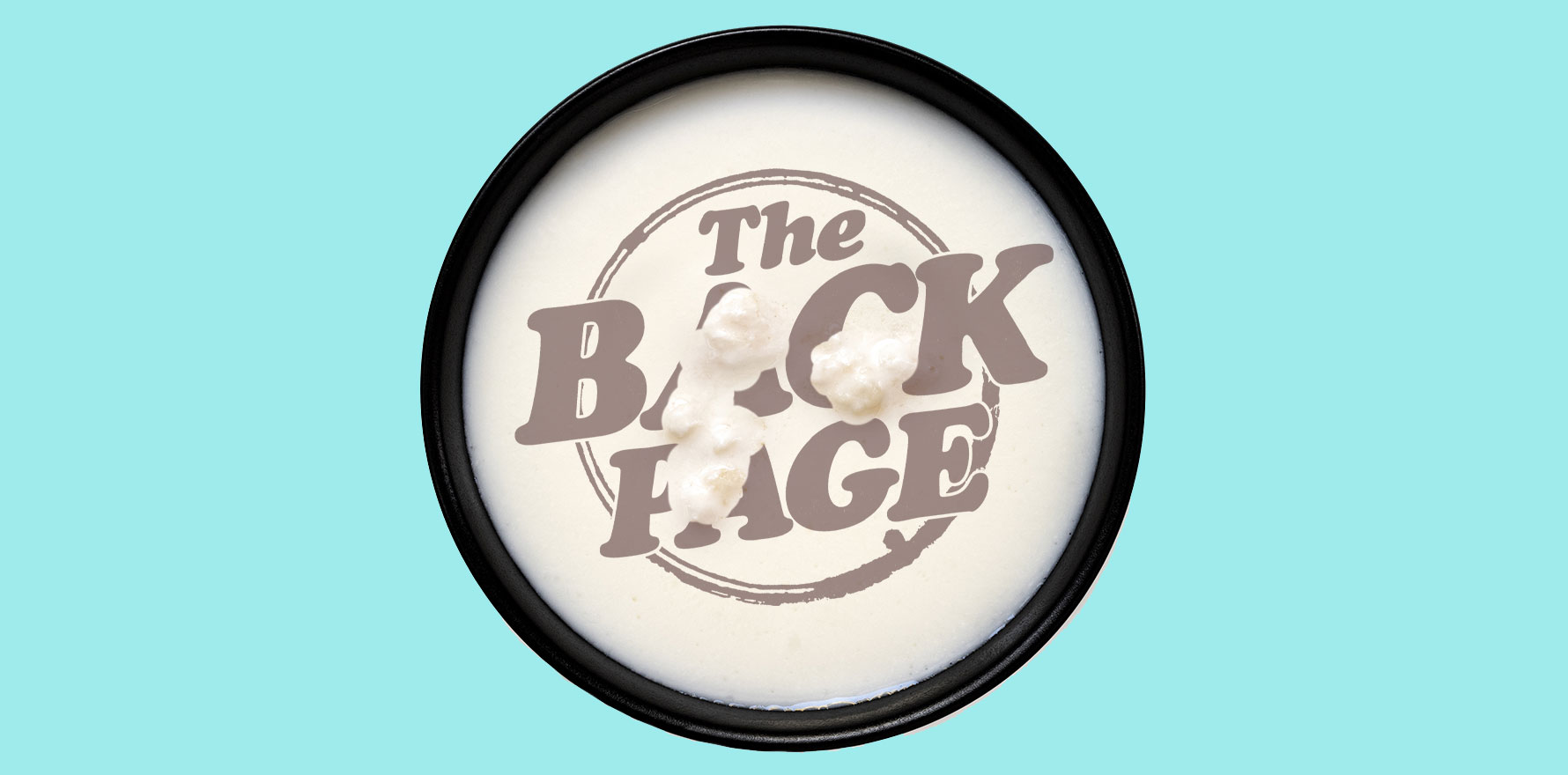Drinking larger amounts of milk, irrespective of fat content, is associated with heart disease in women – but fear not, because kefir is fine.
In proof that there’s a sludgy, fermented silver lining to every grey cloud, new Swedish research has found that while women who drink milk are more likely to develop heart disease, women who prefer fermented dairy products are not.
The new paper, published in BMC Medicine, used data from two prospective cohort studies.
It specifically looked at data from 60,000 women and 40,000 men with no cancer or ischaemic heart disease at baseline who were followed up with detailed diet and lifestyle questionnaires several times over 33 years.
About 18,000 of them developed IHD over that time, and more than 10,000 cases of myocardial infarction were recorded.
Women who drank more than one and a half cups of milk per day – be it full cream or skim – were more likely than their peers who drank less milk to be diagnosed with IHD.
Risk of IHD increased with milk intake, from a 5% increased risk at 400mL to a 12% increased risk at 600mL and 21% increased risk at 800mL.
The effect seemed to be contained to female milk-drinkers. While a roughly similar proportion of men developed IHD, there was no statistically significant relationship between male milk intake and IHD.
There was also nothing to see here for the men and women who consumed fermented milk products – i.e. yoghurt or kefir – who were no more or less likely to develop IHD.
Men and women who indulged in more milk were also more likely to eat more red meat, drink less alcohol and have a slightly higher BMI.
The authors do concede they can’t show a causal relationship and that a teensy amount of confounding might exist.
So, what’s a milk-lovin’ girl to do?
According to the researchers, she should consider swapping out her milk for yoghurt.
“The preliminary substitution analysis, limited by an observational design, suggested replacing non-fermented milk with moderate fermented milk intake could lower women’s IHD and MI rates,” they wrote.
This intrepid Back Page correspondent is no stranger to the dark side of the culinary arts, but the thought of plopping a spoonful of yoghurt in a cup of tea is a bridge too far – even in the name of good health.
Send your dairy-free fat-free GMO-free low-GI pasteurised story tips to penny@medicalrepublic.com.au.


